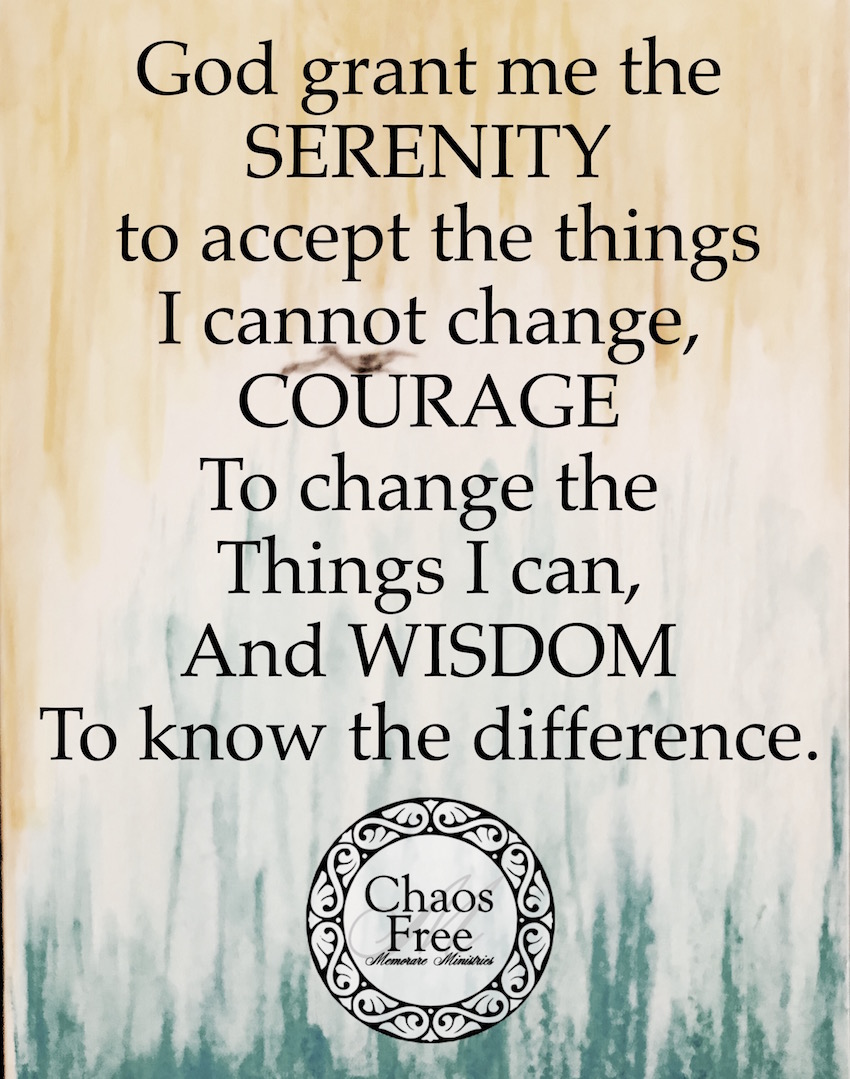
Take, Lord, and receive all my liberty, my memory, my understanding and my entire will, all I have and call my own. You have given all to me. To you, Lord, I return it. Everything is yours; do with it what you will. Give me only your love and your grace, that is enough for me. St. Ignatius of Loyola, Suscipe
If you’d asked me six months ago if I believe in miracles, I would have responded with a resounding “Yes!” Especially since I was praying ardently for a miracle at the time—the healing of someone whom I love that suffers from the dreaded disease of addiction.
I’d prayed for the same “miracle” countless times before—pleading with God for an outcome I desperately wanted and believed I needed for all to be “well.” As months passed and my prayers went seemingly unanswered, I felt more and more desolate, finding myself engaged in old, worn-out mental gymnastics that kept me ruminating constantly in fear and regret about “what ifs” and “woulda, coulda, shouldas.”
Then came the day that changed things: the day I walked into my spiritual director’s office and began weeping before I sat down. At my wits' end, I felt trapped by a gnawing sense of doom and despair from which I could not wrench myself.
“Maybe,” Fr. Robert gently suggested, “you’re hitting your own emotional bottom. Maybe this is active addiction is going to be the ‘new normal’ in your life. And maybe this is an invitation from God for you to learn to how to live in peace, no matter what happens with the circumstances.”
As usual, Fr. Robert had a way of nailing things quite precisely.
Later that day, I felt prompted to begin working on the next step of my Twelve Step Recovery Program, Step 3: “Made a decision to turn my will and my life over to the care of God as I understood him.” Step 3 was accompanied by a question that hit me like thunderbolt of grace: Am I willing to stop asking God for the addict to change?
Was I willing to cease and desist with my constant prayer for God to heal my addicted loved one, the first prayer that came to my mind every time I had a rush of anxiety about his wellbeing? Was I willing to accept that “God’s will” and “my will” might not be exactly the same, given the fact that God alone could grasp the big picture of our life stories? And could it be that placing my loved one radically into God’s hands—earnestly praying only “thy will be done” for him and for his life—is the only “miracle” I really needed?
As I pondered and prayed over these questions, I began to experience the difference between magic and miracle, between willfulness and willingness, between an interior attitude which insists that “my will be done” vs. a trusting stance of finally being willing to turn everyone and everything over to the will of God. Though I’d learned this lesson before, I’d regressed, and God was inviting me again to let go of how I think things ought to be and shift from a posture of demanding magic to receiving a miracle.
Miracle involves openness to mystery, the welcoming of surprise, the acceptance of those realities over which we have no control. Magic is the attempt to be in control, to manage everything—it is the claim to be, or have a special relationship with, some kind of ‘god.’ (Ernest Kurtz and Katherine Ketcham, The Spirituality of Imperfection, 118)
Though I’ve joked many times that “there is a God and it ain’t me,” there I’d gone, playing god again. I was praying for a miracle, but in reality, I’d been trying to exact magic.
That very day after meeting with my spiritual director, in a space of surrendered grace, I “made a decision to turn my will and my life over the care of God as I understood him” believing he could restore me to sanity.
At last, the miracle arrived. His will. His ways. Peace.
This article was previously published at Aleteia.

